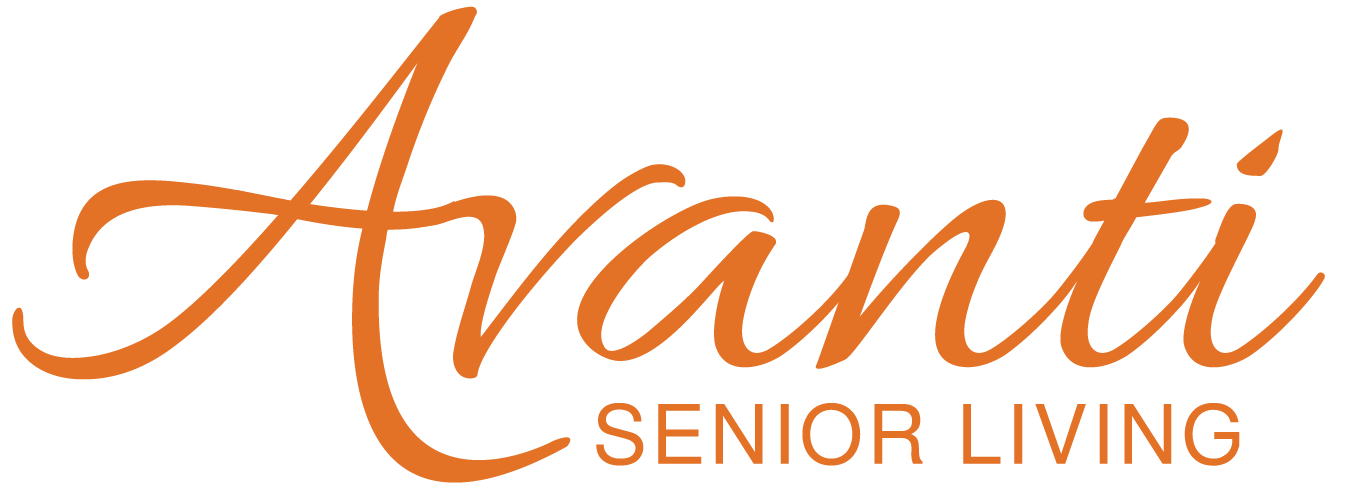
Socialization is a vital aspect of human development that begins from the early stages of life and continues throughout one’s lifetime. No matter what setting one is in or what age they are, socialization offers numerous advantages that can be beneficial to all types of people.
What is Socialization?
Socialization is the process by which individuals learn the norms, values, beliefs, and behaviors of their society, and it plays a crucial role in shaping their personalities, perspectives, and relationships with others. Socialization occurs in various settings, including the family, school, workplace, and community, and it offers numerous advantages to individuals and society.
What are the Advantages of Socialization?
You may not realize it, but socialization helps to shape your identity, attitudes, and perspectives on life. It helps you acquire skills in communication, problem-solving, and decision-making. Socialization also provides the opportunity to form and maintain relationships with others.
Social Skills
One of the primary advantages of socialization is that it helps individuals to develop social skills and interpersonal relationships. Through socialization, individuals learn how to communicate effectively, express themselves, and understand others’ emotions and perspectives. They also learn how to collaborate, negotiate, and resolve conflicts, which are crucial skills for success in personal and professional life. Socialization also allows individuals to form meaningful relationships with others, which can provide emotional support, friendship, and companionship.
Identity
Socialization also plays a crucial role in identity formation. As individuals interact with others in different social settings, they learn about their cultural identity, values, and beliefs. Socialization helps individuals to develop a sense of self and belongingness to their community, which contributes to their overall well-being and mental health. It also helps individuals to develop a sense of morality and ethics, which is essential for a functioning society.

Socialization is a vital aspect of human development that begins from the early stages of life and continues throughout one’s lifetime.
Diversification
Another advantage of socialization is that it promotes diversity and inclusion. Through socialization, individuals learn about different cultures, traditions, and perspectives, which helps to broaden their understanding and acceptance of others. Socialization helps to break down barriers and stereotypes, which can lead to a more cohesive and harmonious society. It also promotes tolerance and empathy, which are essential values for promoting peace and social justice.
Networking
Socialization also has economic benefits. Socialization helps individuals to acquire the skills and knowledge necessary for success in the workplace. By learning from others in a social setting, individuals can gain valuable insights and information that can help them to excel in their careers. Socialization also allows individuals to build professional networks, which can open up job opportunities and lead to career advancement.
Health
Finally, socialization has health benefits. Socialization is linked to improved mental and physical health. By interacting with others in a social setting, individuals can reduce stress and feelings of isolation, which can lead to depression and anxiety. Socialization also promotes a sense of purpose and belongingness, which can improve overall well-being and life satisfaction.
In conclusion, socialization is a crucial aspect of human development that offers numerous advantages to individuals and society. Socialization helps individuals to develop social skills, form meaningful relationships, and promote diversity and inclusion. Socialization also plays a crucial role in identity formation, promotes economic success, and has health benefits. As such, it is important to promote socialization in all settings, including the family, school, workplace, and community, to ensure that individuals can reach their full potential and contribute to a thriving and inclusive society.

